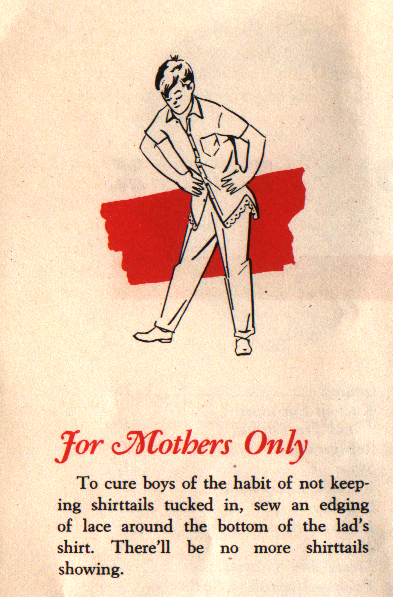Concerns about the use of full-body scanners at airports have been in the news repeatedly in the last week or so, though polls show high levels of support or at least tolerance for them among the American public. The major issue appears to be concerns about privacy, since the scanners provide an image of a person’s body through their clothing, which can be quite detailed, though others also mentioned health concerns and whether or not the scanners actually increase safety.
Amanda C. pointed out that the organization Fly with Dignity, which opposes the use of scans, has three rotating images on their website homepage, two of which clearly connect the scanning process with the idea of women being groped, complete with their tear-stained, distraught faces as they go through a pat-down (the alternative to a scan):
Apparently when trying to make a point about being degraded or victimized, men don’t make suitable subjects.
Amanda finds it disturbing that they’re equating pat-downs (your option if you refuse a full-body scan) with sexualized violence (and using images of traumatized women to do so).
Gizmodo has released a gallery of leaked images from body scans, if you’d like to see some examples (here’s a fuller story about the images—thanks to Alll for the tip.)
Thoughts? Is sexual molestation a legitimate metaphor here?

















